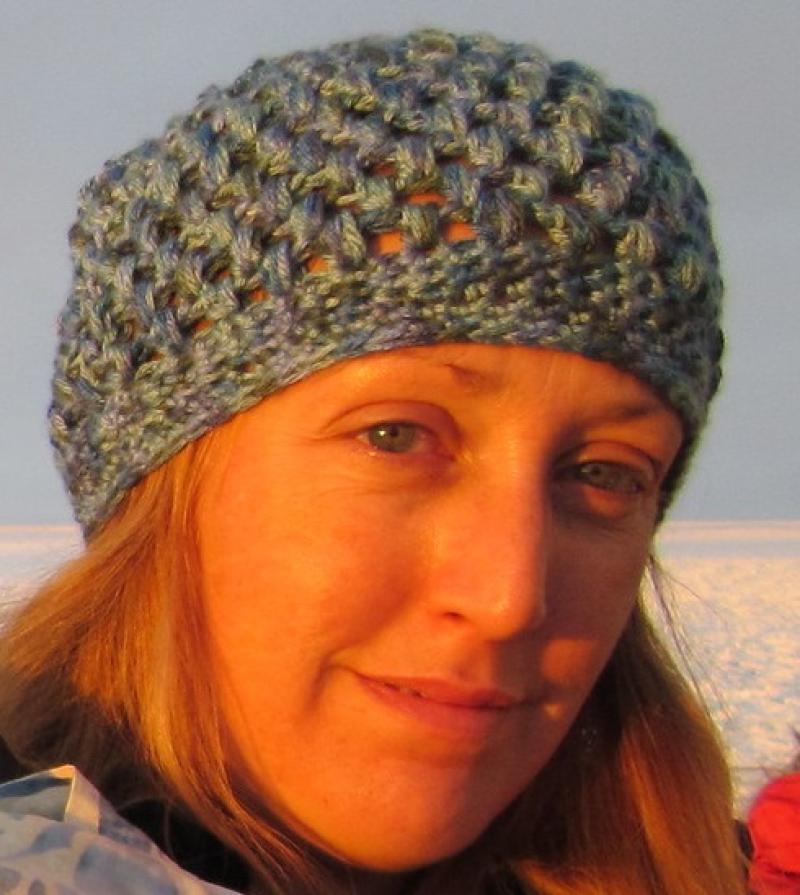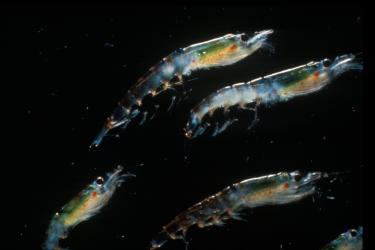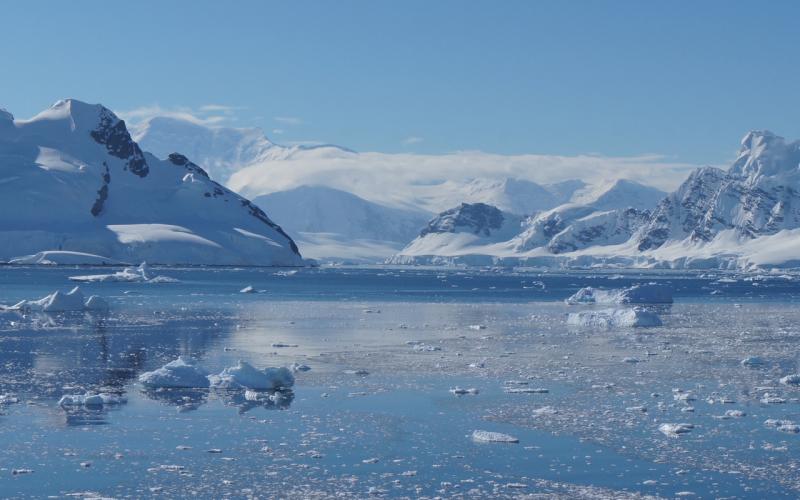Ocean Sciences is a giant international conference about … you guessed it! Ocean science. It’s sponsored in part by the American Geophysical Union (AGU). This year, it’s at the San Diego Convention Center. I’m here with thousands of ocean scientists from around the world, networking and showing off our work with gliders.
Although Ocean Sciences is mostly presentations about different areas of ocean research, AGU teaches scientists about communicating their research to broad audiences. No, I don’t mean learning better ways to write those hard-to-understand-if-you’re-not-a-scientist journal articles full of graphs and statistics. I mean teaching scientists how to talk about their research with non-scientists. Since I enjoy telling stories—not just about what I do but also about how I do it—I attended several workshops this week. I wanted to learn techniques for sharing stories in creative, engaging ways.
One of the hardest things about writing science stories is not using science-y words. Doesn’t seem that hard, right? WRONG! To illustrate how hard it is, comic artist Randall Munroe designed a cartoon of the Saturn V moon rocket and described the various components using only the ten hundred most commonly-used words in the English language (he couldn’t use the word “thousand” because that’s not one of the words on the list). He couldn’t even call the rocket a rocket—he had to call it an “Up Goer,” as in, something that goes up. A geneticist named Theo Sanderson took this one step further by creating an “Up-Goer” text editor that will point out all of the forbidden words in any sentence or paragraph pasted into it.
I decided to give the Up-Goer text editor a try by typing in one sentence about how we use gliders to study the ocean. I tried to make it as non-science-y as I could.
My original sentence is at the top. All of the words underlined in red are forbidden. Below my original sentence are all of my attempts (and failures) to re-word my sentence using only the allowed common words. Eventually, I wrote a successful sentence at the bottom. Well, successful in that it uses common words, but not in that it makes much sense or says anything about gliders.
And therein lies the challenge. How do scientists find the sweet spot of telling great science stories without sacrificing any scientific meaning? It’s daunting, which is perhaps why many scientists don’t try. But I’ll keep trying. One only-sort-of-science-y blog at a time.
I will also try to understand how the word “goer” became one of the ten hundred most commonly-used words. Seriously?





